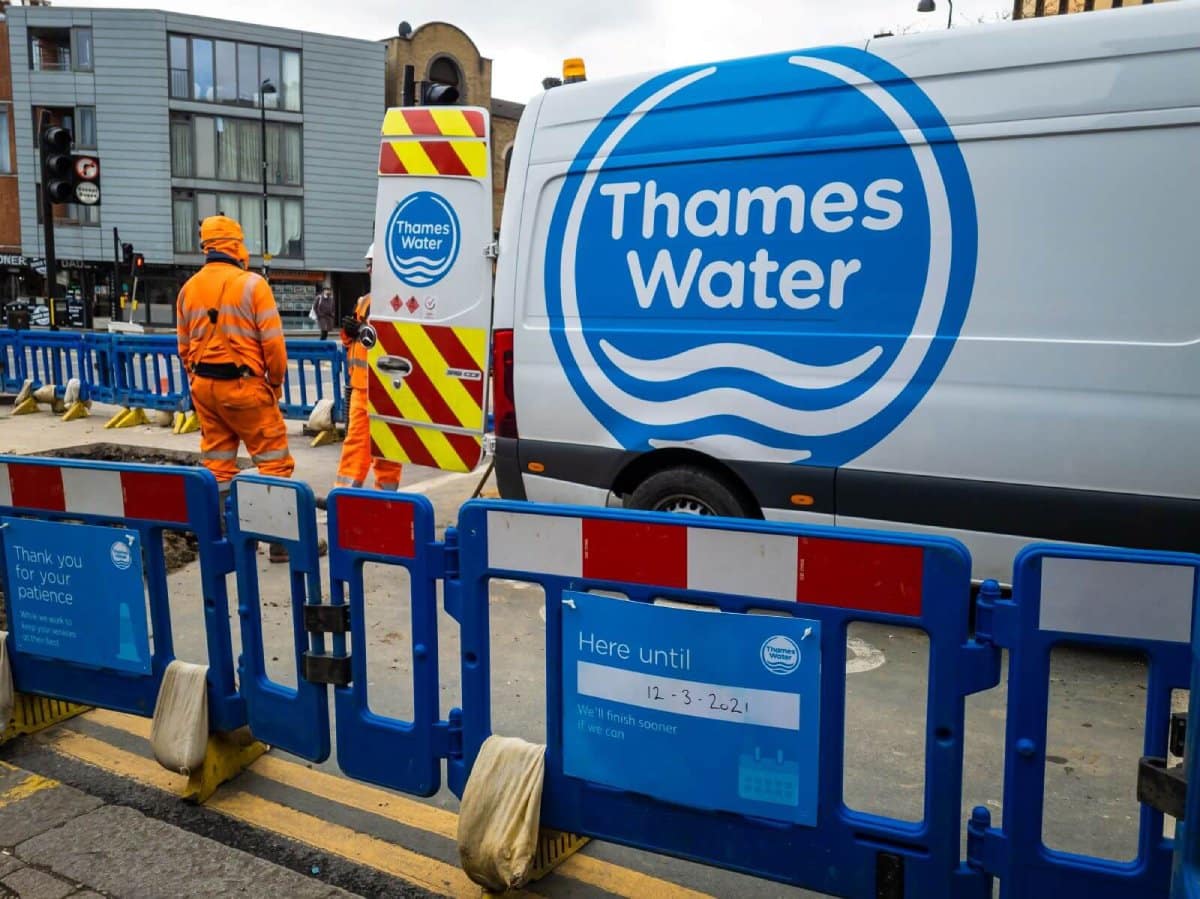Three major water companies in England face record-breaking fines for illegal sewage discharges, which have sparked public outrage and demands for industry reform. Here’s the full story.
Repeated Sewage Dumping
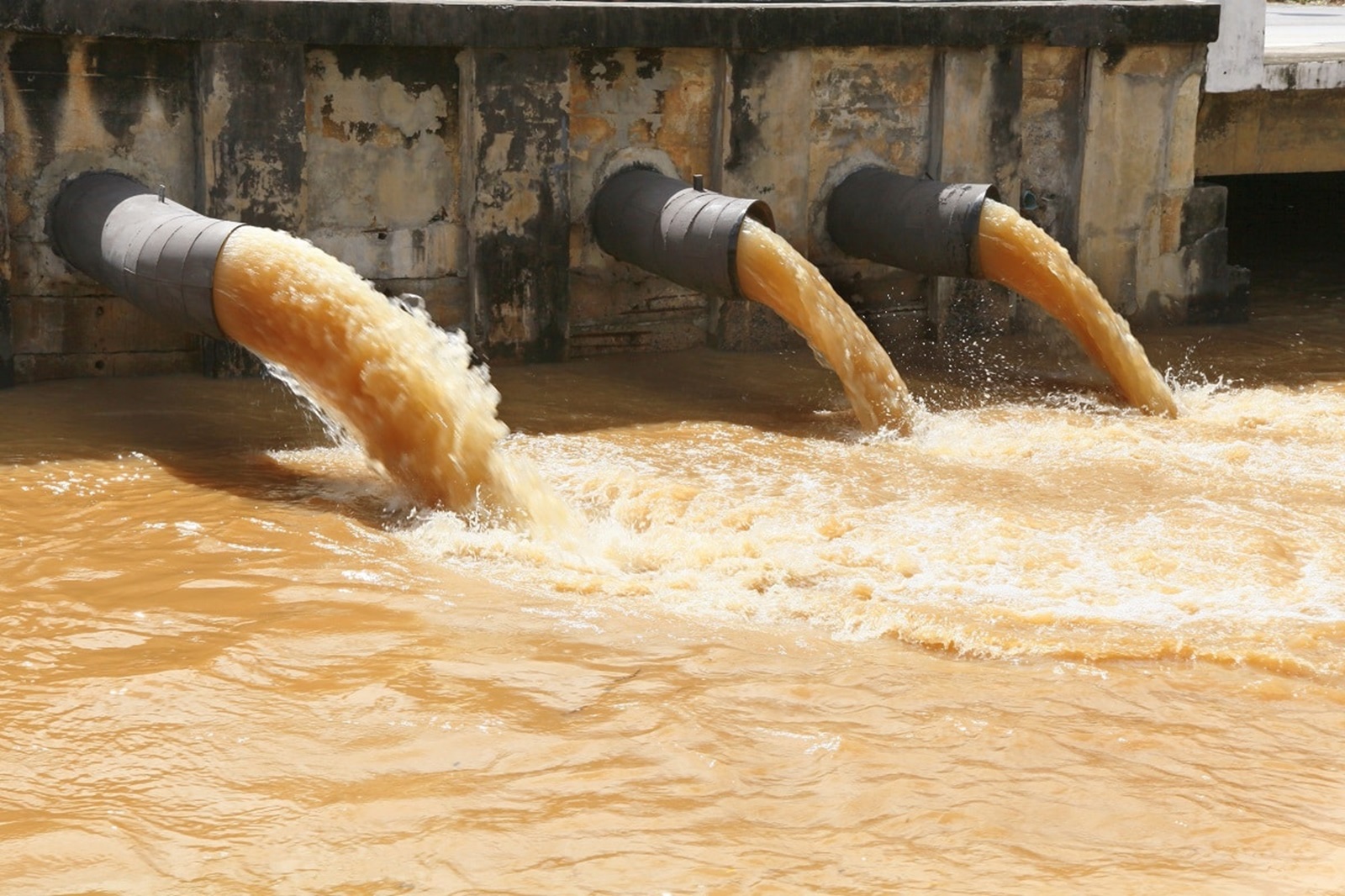
After years of privatised water companies repeatedly and illegally dumped sewage into rivers and waterways across England, the water industry regulator, Ofwat, finally decided to fine the worst offenders.
Historic Investigation Leads to Fines
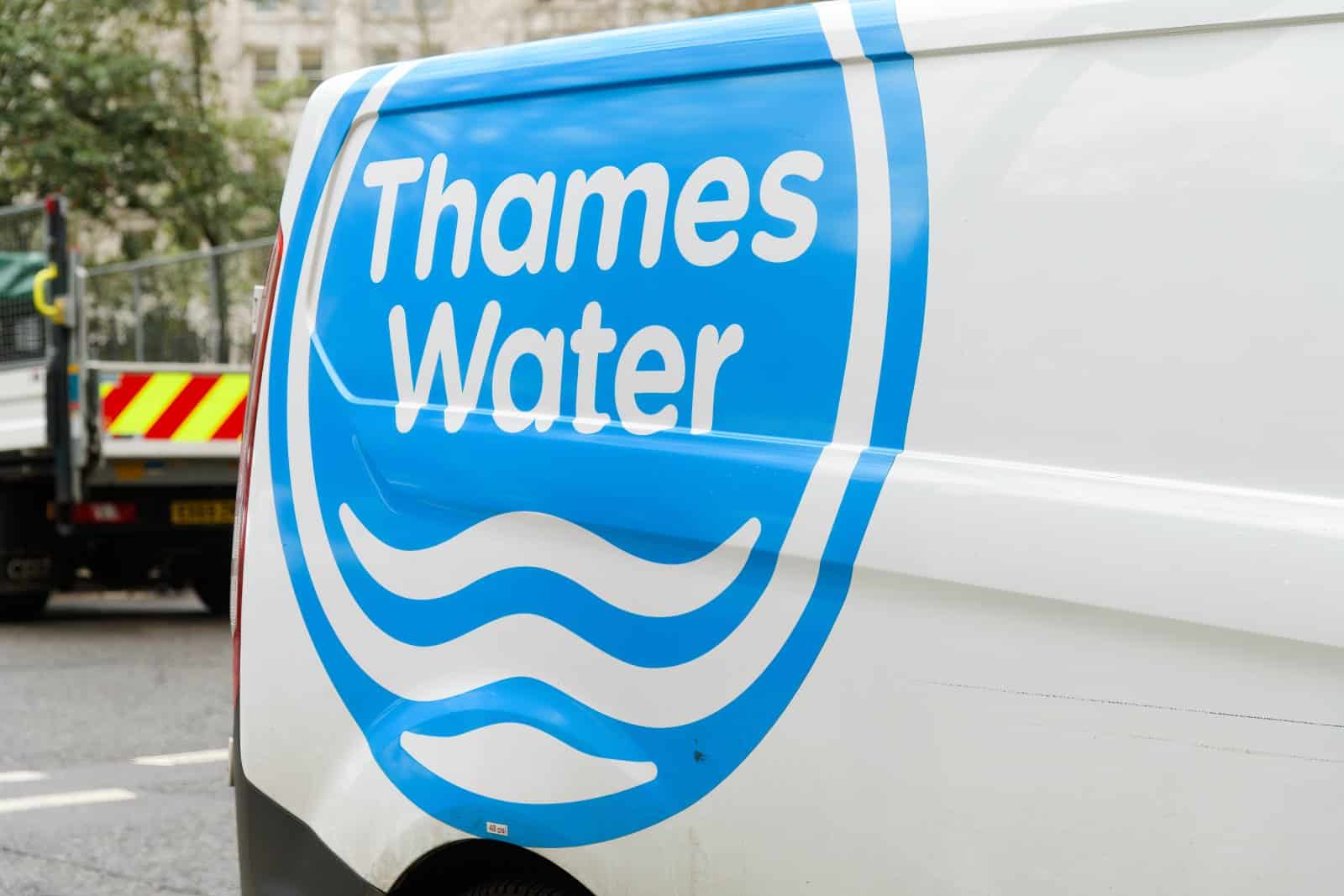
Following the largest-ever investigation into the failures of Thames Water, Yorkshire Water, and Northumbrian Water, Ofwat has proposed fines totalling £168 million for the companies that repeatedly released untreated sewage into the country’s rivers and seas.
“Catalogue of Failure”

David Black, the Chief Executive of Ofwat, was scathing in his review of the three companies’ performance, stating, “Ofwat has uncovered a catalogue of failure by Thames Water, Yorkshire Water, and Northumbrian Water in how they ran their sewage works, and this resulted in excessive spills.”
Severity of Penalties

He added, “The level of penalties we intend to impose signals both the severity of the failings and our determination to take action to ensure water companies do more to deliver cleaner rivers and seas.”
Widespread Negligence Exposed
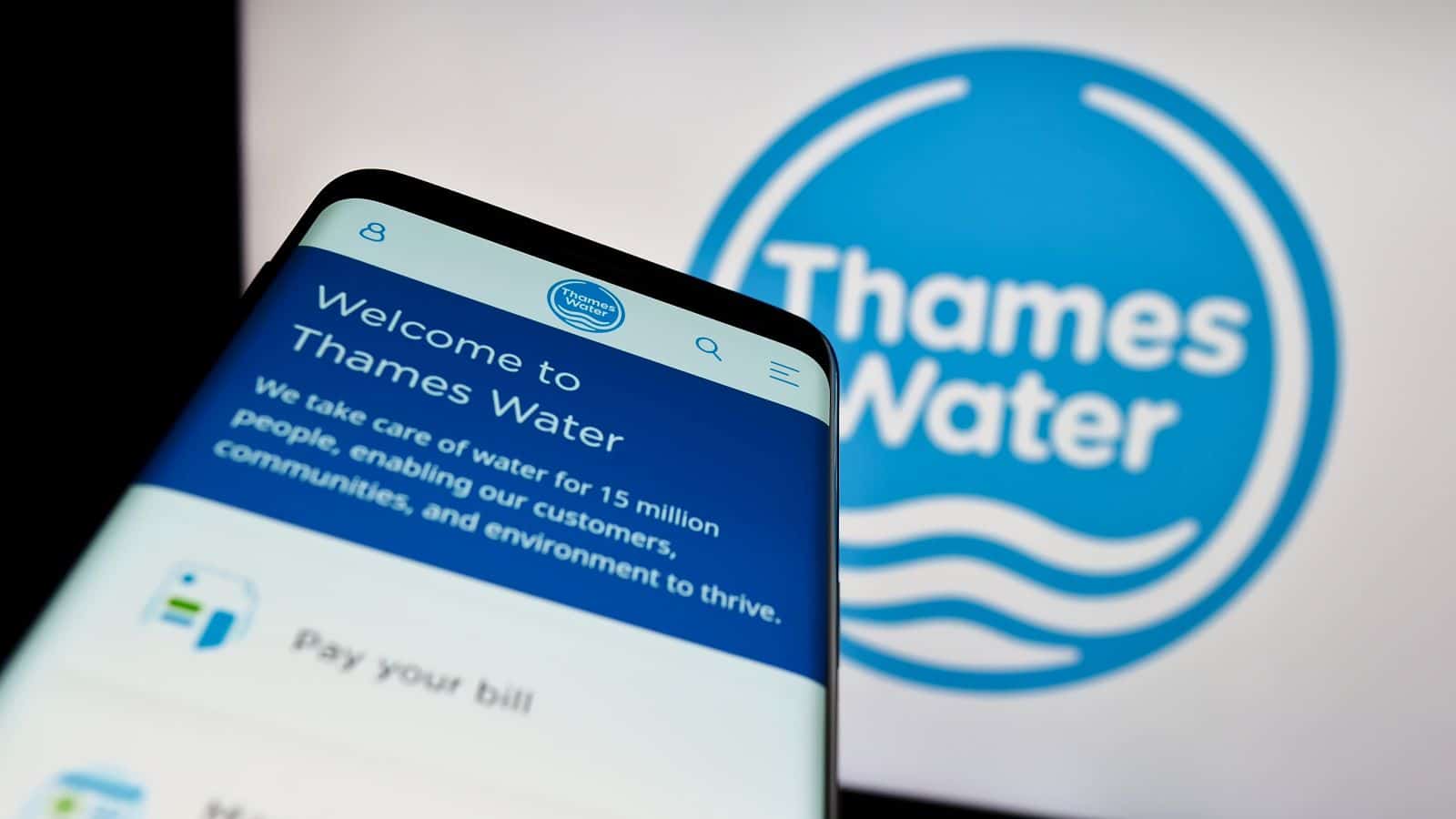
The investigation revealed a troubling pattern of operational failures and negligence across the three companies. Ofwat’s report highlighted that Thames Water, the worst offender, had experienced issues at over two-thirds of the company’s wastewater treatment facilities, with 16% of its storm overflows operating illegally.
Environmental and Health Risks

The illegal discharge of raw sewage has had devastating environmental repercussions, endangering already fragile ecosystems and putting public health at risk, with the harmful pathogens in untreated human waste posing a direct threat to people swimming in polluted waters.
Alarming Scale of Spills
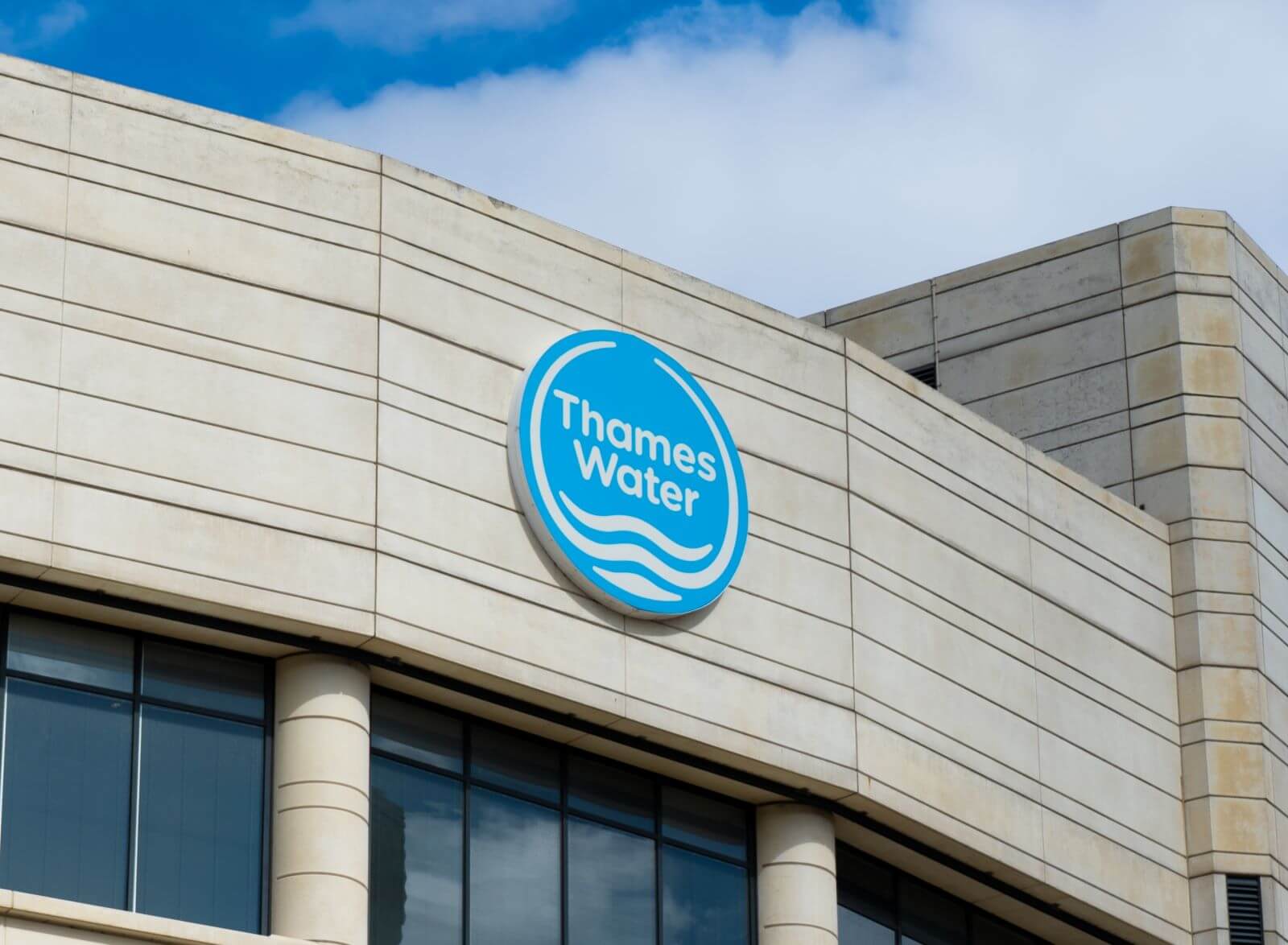
The sheer scale of the problem is breathtaking. Environment Agency figures show that, in 2023 alone, sewage spills in England more than doubled from 2022. This sharp rise has fuelled growing public outrage over the problem, with calls for stricter regulations and harsher penalties for the offending companies growing harder for the government to ignore.
Government Response to Fines
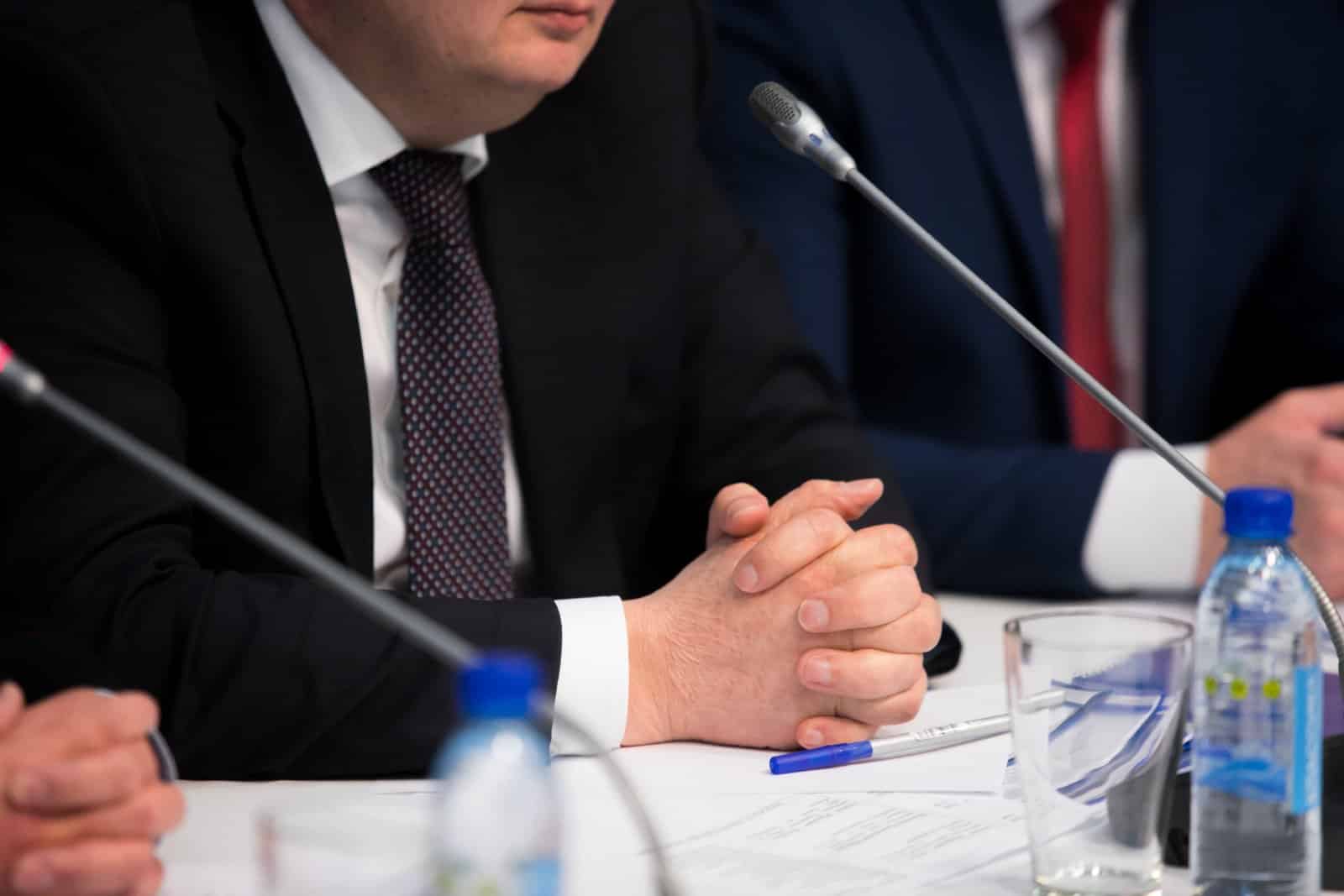
Following the announcement of the fines, Environment Secretary Steve Reed stated, “The unacceptable destruction of our waterways should never have been allowed – and it is right that those responsible for illegally polluting our rivers, lakes and seas face the consequences.”
Water Companies’ Mixed Reactions
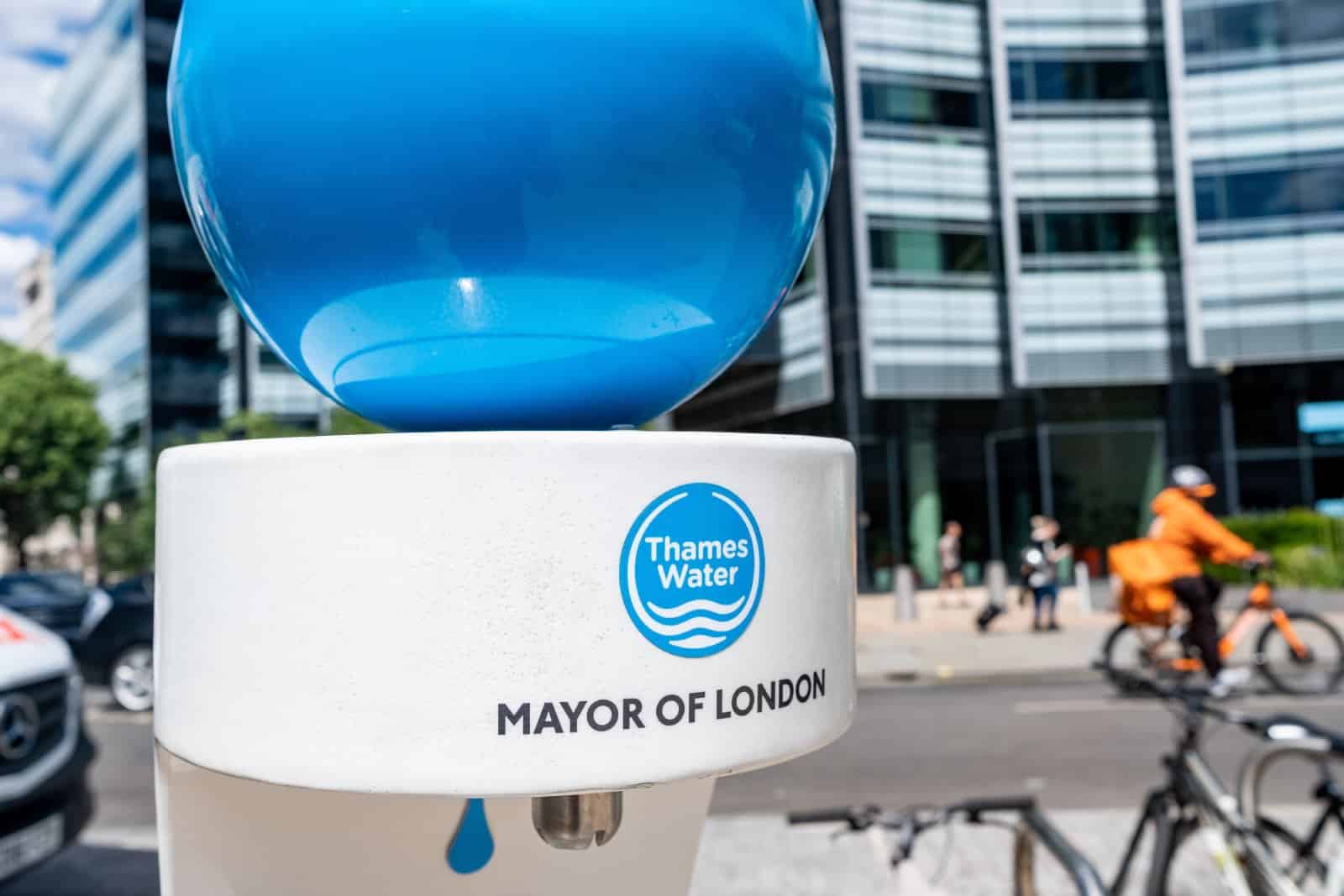
In separate statements, Thames Water acknowledged the seriousness of the matter and stated that it has been cooperating fully with Ofwat’s investigation. While expressing disappointment with Ofwat’s response, Yorkshire Water highlighted its ongoing efforts to address the issue.
Defensive Stance From Northumbrian
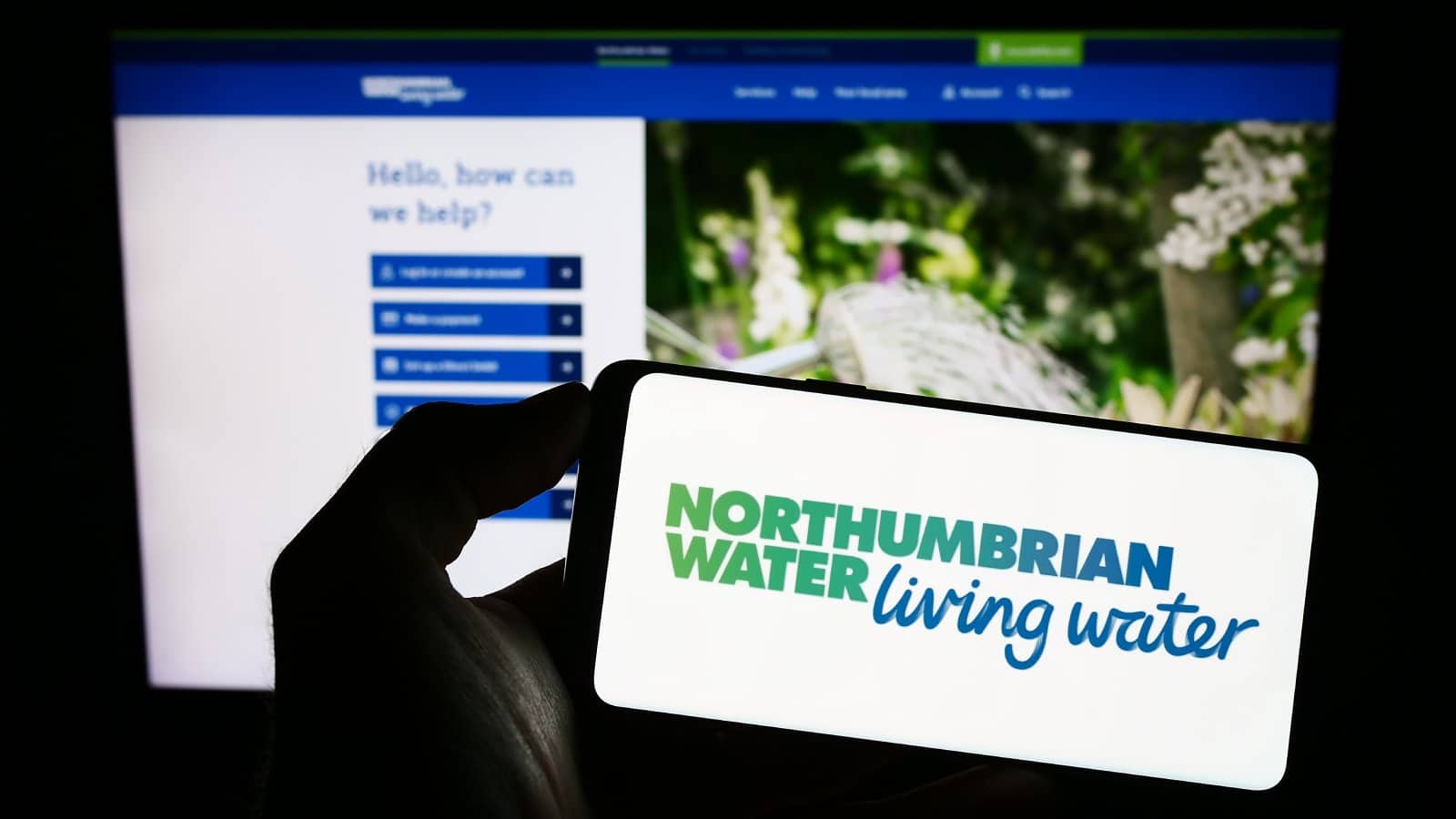
Northumbrian Water, however, took a more defensive stance, questioning the compliance standards enforced by Ofwat while also attempting to reassure customers that it was “working really hard to continue to deliver for customers and the environment.”
Financial Strain on Companies

Despite their reassurances, the water companies themselves are in a perilous situation, with the fines placing even more strain on the debt-laden companies. Thames Water, in particular, is already burdened with an eye-watering £15.2 billion, and there has been talk of the government nationalising the failing company.
Demands for Infrastructure Improvement
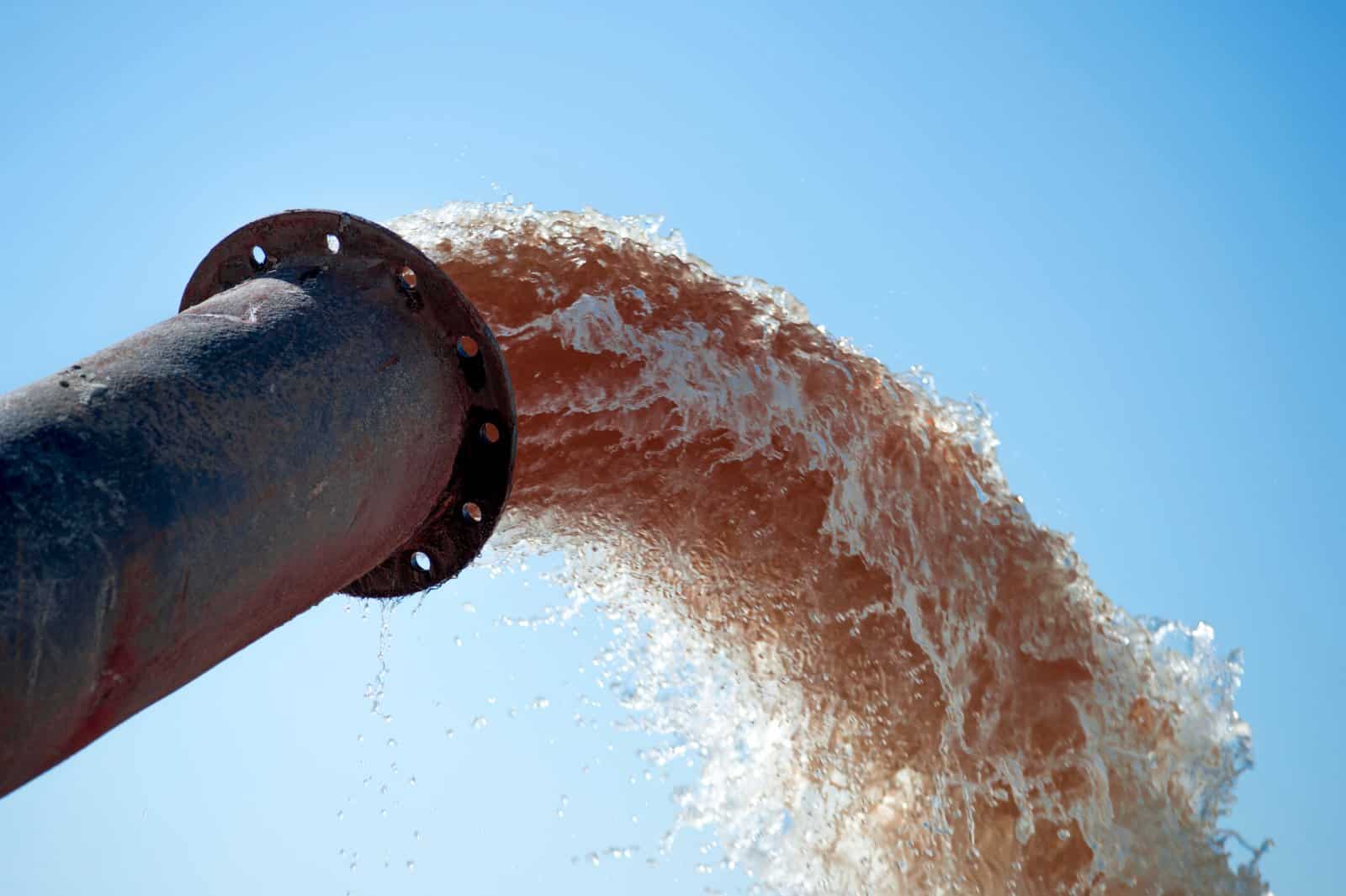
However, the fines are not the only problem for water companies. With the need for improved infrastructure to prevent sewage spills becoming unavoidable, Ofwat has ordered companies to reduce sewage spills by 44% by 2030.
Campaigners Demand More

Despite this, environmental campaigners have argued that the plans do not go far enough and that the companies will offload the costs of improving their crumbling infrastructure onto their customers.
Greenpeace: “A Rogue Industry”
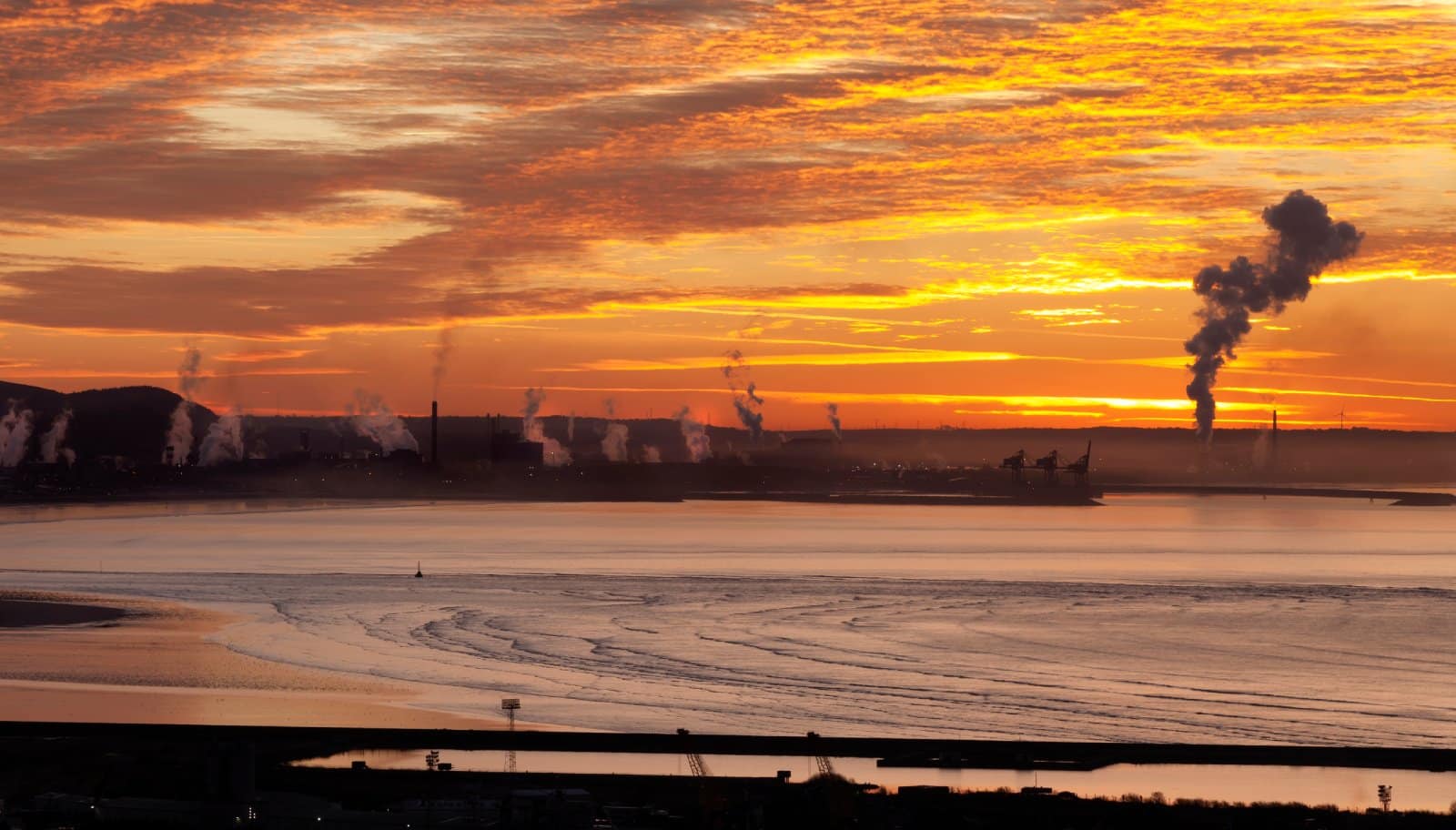
Doug Parr, Director of Policy at Greenpeace UK, said, “It’s good to see this rogue industry finally paying the price for years of pollution. But it is our rivers, seas and everyone who enjoys them that pay the real penalty, with added interest for every year this abuse is allowed to continue … It is now vital that Ofwat bring in a full ban on shareholder dividends and bonuses for these serial polluters.”
Calls for Government Backing

He added, “The government should give its full backing and additional resources to regulators like Ofwat and the Environment Agency, and recognise that the privatisation of this most vital of industries has failed.”
Ofwat Signals Tougher Action

In a move that environmental groups like Greenpeace UK will likely welcome, Ofwat has signalled that its crackdown on water companies is only beginning, with further investigations and potential fines expected.
Reform and Accountability

In addition to increased scrutiny from Ofwat, the government plans to reform the water sector to ensure that these companies invest adequately in their infrastructure, protect the environment, and fulfil their obligations to customers.
Years of Damage Done
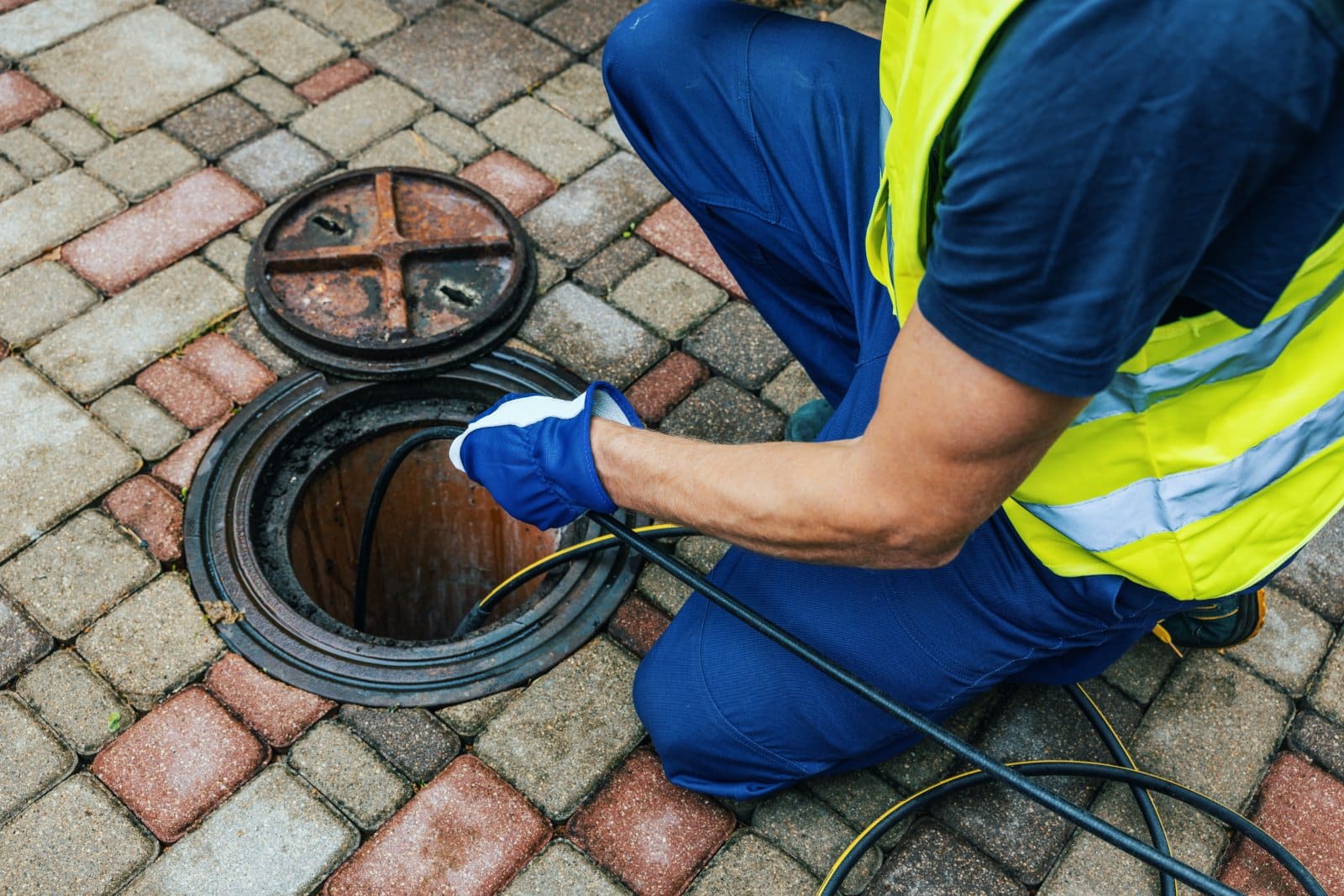
However, after years of neglect and a regulator which appeared to prefer a light touch over stringent scrutiny, incalculable damage has been done to the rivers and waterways of England, with the devastating environmental impact likely to be felt for years.
Uncertain Future for Industry

With growing public support for greater financial penalties for those in charge of the failing privatised water companies, it remains to be seen whether the recently elected Labour government will have the courage of its convictions or whether the water companies, pleading poverty, will simply pass the cost of their failures onto their customers.
10 Worst Places to Live in the UK Today

Here’s a look at the 10 worst places to live in the UK, based on statistical analysis and local sentiment, to help you understand the challenges residents may face in these areas. 10 Worst Places to Live in the UK Today
“We Will Never Come to Help You” – Trump’s Hurtful Words Raise Concerns About EU Firepower

It was revealed in a conference in Brussels that former President Donald Trump said in 2020 that the US would “never help” Europe if it was attacked. Now, European nations are grouping to commit more firepower to combat Putin’s threat to democracy. “We Will Never Come to Help You” – Trump’s Hurtful Words Raise Concerns About EU Firepower
Brexit Fallout: 20 Ways the EU Is Falling Apart Without the UK
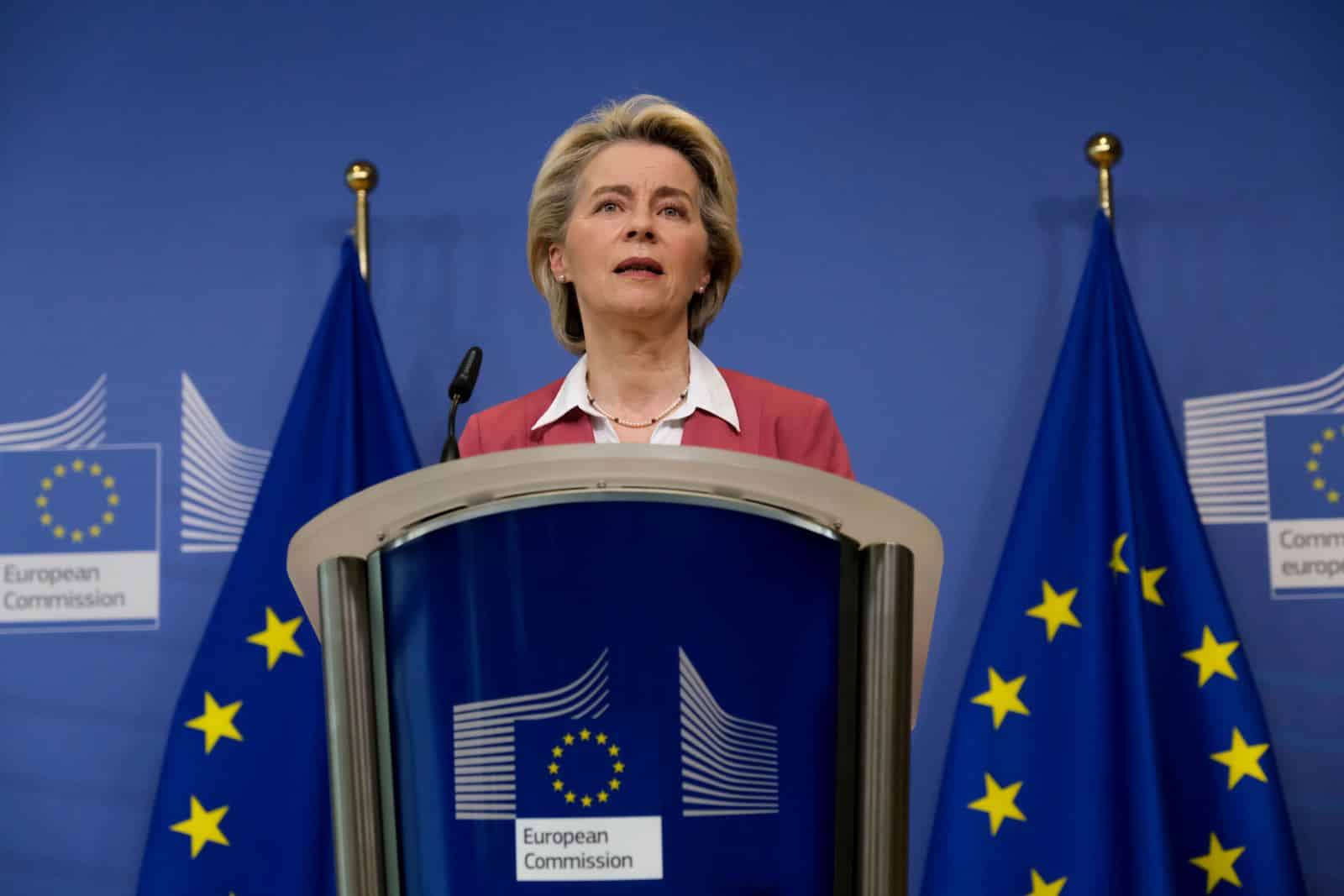
Since Brexit, the EU has been grappling with multiple crises and internal conflicts. Can the bloc hold itself together in these turbulent times? Brexit Fallout: 20 Ways the EU Is Falling Apart Without the UK
Featured Image Credit: Shutterstock / Yau Ming Low.
Grant Gallacher is a seasoned writer with expertise in politics and impactful daily news. His work, deeply rooted in addressing issues that resonate with a wide audience, showcases an unwavering commitment to bringing forth the stories that matter. He is also known for satirical writing and stand up comedy.

